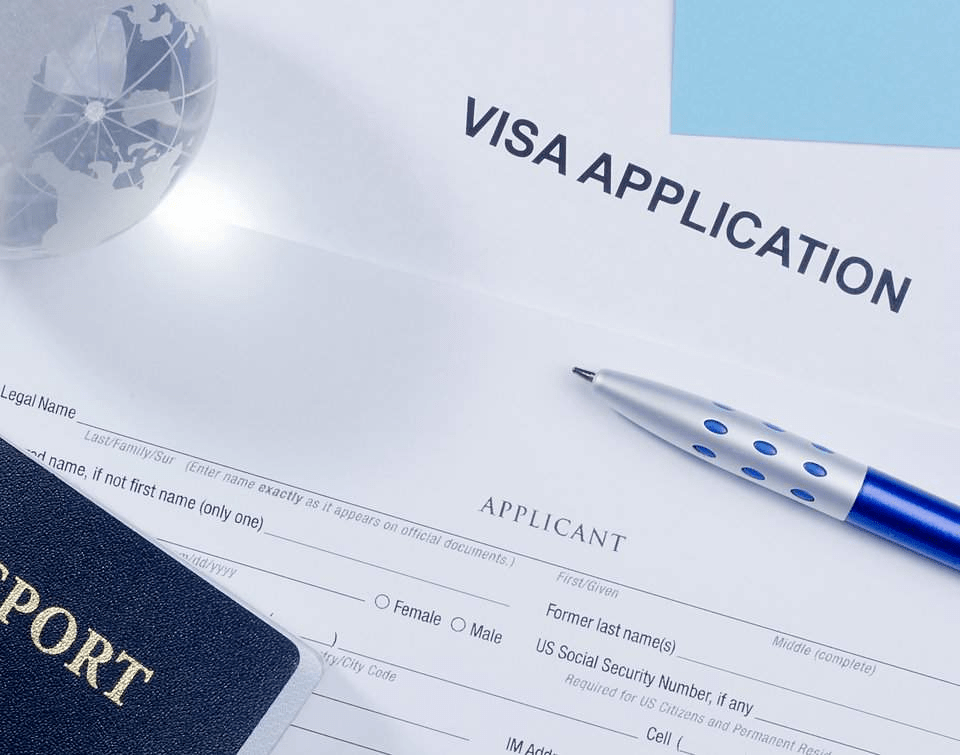Are you planning a trip to India and feeling overwhelmed by the yellow fever vaccination requirement for visa applicants? Don’t worry, we’ve got you covered! In this blog post, we’ll break down everything you need to know about navigating this important aspect of your travel preparations. From understanding the vaccination process to ensuring compliance with Indian visa regulations, we’ll help you confidently navigate this requirement so you can focus on enjoying your upcoming adventure. Let’s dive in! INDIAN VISA YELLOW FEVER REQUIREMENTS
Understanding the Indian Visa Application Process
Applying for an Indian visa can be a daunting and confusing process, especially when it comes to understanding the specific requirements for yellow fever vaccination. To help make the process easier to navigate, this section will guide you through the steps of obtaining an Indian visa and provide information on how to fulfill the yellow fever vaccination requirement.
Step 1: Determine Your Visa Type
The first step in applying for an Indian visa is determining which type of visa you need. India offers various types of visas such as tourist, business, student, and medical visas. Each visa has its own set of requirements and eligibility criteria, so it is important to carefully choose the one that best suits your purpose of travel.
Step 2: Gather Required Documents
Once you have identified your visa type, you will need to gather all necessary documents to support your application. This typically includes a valid passport with at least six months validity remaining, a completed application form, recent passport-sized photos, proof of travel arrangements (such as flight tickets), and any additional documents required for your specific visa category. Indian Visa for Rwanda Citizens
Step 3: Complete Online Application
In most cases, applicants are required to complete their visa application online through the Indian government’s official website or through a designated agency. The online form will require personal information such as name, address, date of birth, occupation etc., along with details about your purpose and duration of stay in India.
Step 4: Schedule an Appointment
After submitting your online application form and paying the necessary fees, you will need to schedule an appointment at your nearest Indian embassy or consulate. It is advisable to book an appointment well in advance as wait times can vary depending on location.
Step 5: Submit Your Application
On the day of your appointment, bring all required documents along with a printed copy of your application form. You may also be asked to provide biometric data (fingerprints) at this time. Once your application has been submitted, you will receive an acknowledgement receipt and be informed of the processing time.
Step 6: Fulfilling the Yellow Fever Vaccination Requirement
If you are traveling from or through a country with risk of yellow fever transmission, you will need to provide proof of yellow fever vaccination in order to obtain an Indian visa. This can be done by presenting a valid International Certificate of Vaccination or Prophylaxis (ICVP) at the time of your appointment. If you have not yet received the vaccine, it is recommended to do so at least 10 days before your departure date.
Obtaining an Indian visa can seem like a complicated process, but by following these steps and ensuring that you fulfill all necessary requirements – including the yellow fever vaccination requirement – you can make the process smoother and increase your chances of being approved for a visa.
The Importance of the Yellow Fever Vaccination Certificate for Indian Visa Applicants
India is a popular travel destination for tourists from all over the world. With its rich culture, stunning landscapes, and vibrant cities, it’s no surprise that many people are eager to visit this country. However, as with any international travel, there are certain requirements that must be met before entering the country. One such requirement is the yellow fever vaccination certificate.
Yellow fever is a viral disease transmitted by infected mosquitoes in tropical and subtropical regions. India has been declared as a high-risk country for yellow fever transmission by the World Health Organization (WHO). As a precautionary measure, the Indian government requires all travelers coming from or passing through countries at risk of yellow fever to have a valid yellow fever vaccination certificate.
This requirement applies not only to those directly traveling from a high-risk country but also to individuals who have transited through one within six days before arriving in India. This means that even if you are just connecting flights in an airport located in a high-risk country, you will still need to present your yellow fever vaccination certificate when applying for an Indian visa.
One of the main reasons why India strictly enforces this requirement is because they want to prevent the spread of yellow fever within their borders. The disease can cause severe illness and even death if left untreated. By ensuring that all visitors have been vaccinated against yellow fever, India can protect its citizens and visitors alike from potential outbreaks.
Additionally, having a valid yellow fever vaccination certificate can also benefit travelers themselves. Many other countries require proof of this vaccination when entering their borders from India or other high-risk countries. Without it, you may face difficulties obtaining visas or be denied entry altogether.
It’s important to note that not all travelers are required to get vaccinated against yellow fever. If you are under 9 months old or over 60 years old, pregnant women, immunocompromised individuals or those with a valid medical exemption certificate, you may be exempt from the requirement. However, it’s always best to check with your healthcare provider and the Indian Embassy or Consulate for the most up-to-date information.
The yellow fever vaccination certificate is an essential document for Indian visa applicants. It not only protects public health but also ensures a smooth travel experience for all parties involved. Make sure to plan ahead and get vaccinated before your trip to avoid any last-minute complications with your visa application.
